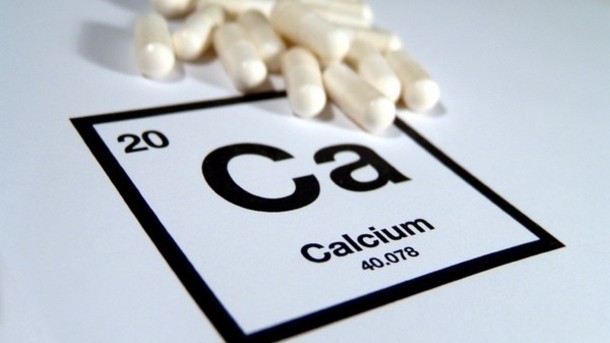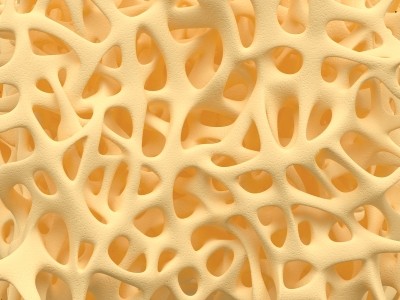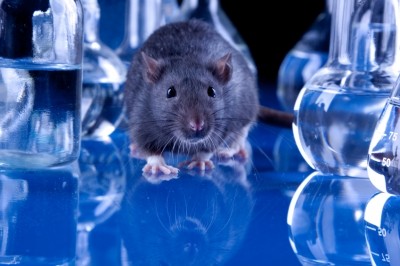‘Sample was too young,’ experts comment on recent study on calcium and bone loss

“Bone loss in men starts later in life and progresses at a slower rate. In this study, the average age of the participants was 57 years, which may have been too young for bone loss,” said Dr. Andrea Wong, PhD, VP of scientific and regulatory affairs at the dietary supplement trade group Council for Responsible Nutrition (CRN), commenting on the study.
The researchers did admit this study design flaw in their report, Dr. Wong pointed out, “which could have masked any small effect of dietary calcium,” she added.
According to the University of Auckland researchers, results of the randomized controlled trial of 323 males given 1200 mg of calcium/day or 650 mg/day of placebo suggested that increased dietary calcium intake did not significantly reduce bone loss in hip, spine, nor total body.
They also found no correlation between calcium intake and bone mineral density either at baseline or at the end of the study period
‘Mining data for bias’
To Dr Taylor Wallace, a food and nutrition consultant, the study was “another poor-quality study from the same lab group that always seems to be mining data to the point where there are large concerns over bias.”
The University of Auckland research group that published this current study was led by Professor Ian Reid, who won the premier Prime Minister’s Science Prize for his work. His study made headlines a couple of years back, revealing cardiovascular concerns from taking calcium supplements, though other experts thought the concerns were unfounded.
In addition to the young sample size that Dr. Wong pointed out, Dr. Wallace also noted the normal bone density at baseline of the study participants, “so you might not expect to see a large effect of calcium supplementation.”
He added: “If the authors wanted to test the effectiveness of calcium supplements, they should have used older men experiencing bone loss…or at least those with more suboptimal bone densities. You can’t fix healthy!”
The study results shouldn't rule out potential benefits of calcium supplements, Dr. Wong said. "Dietary calcium is just one of a multitude of factors that can influence osteoporosis. Men should talk to their healthcare provider about what diet, lifestyle, and dietary supplement options can help them maintain strong bones,” she said.
Source: British Journal of Nutrition
Volume 117, issue 10, pp 1432-1438. DOI: 10.1017/S0007114517001301
“Dietary calcium intake and rate of bone loss in men”
Authors: Sarah M. Bristow, Gregory D. Gamble, Anne M. Horne and Ian R. Reid
















